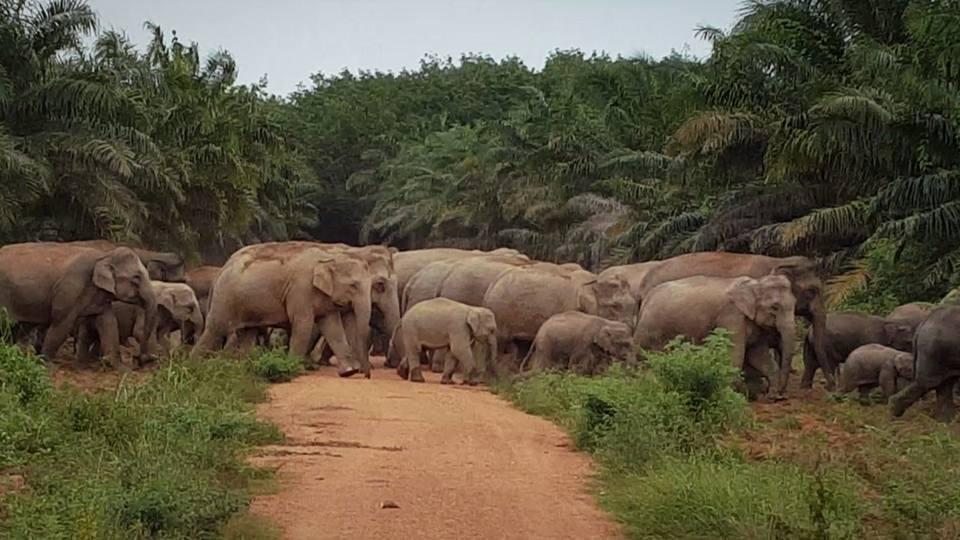All our projects are in collaboration with local organizations, local communities and other stakeholders.
- Elephant conservation in South Africa
- Elephant conservation in Thailand
- Education and awareness
[images] [/images]
[/images]
Elephant conservation in Africa
BTEH is going to thoroughly investigate the social dimensions of HEC in Africa. Antoinette van de Water, founder and director of BTEH, is actually dedicating a PhD research on this subject at the University of KwaZulu-Natal. The aim is to increase tolerance towards elephants and aid in the development of sustainable strategies for human-elephant coexistence.
More specifically, BTEH aims to:
● Increase the understanding of the variables that influence people’s tolerance towards elephants, and the prerequisites of human-elephant coexistence.
● To realize positive change by developing and implementing an integrated human-elephant coexistence strategy.
From our office in South Africa we study human-elephant coexistence, collaborate with local researchers and organisations and work on sustainable conflict mitigation. More information about our projects in Africa can be found here.
[images]
 [/images]
[/images]
Elephant conservation in Thailand
By setting up experimental plots, we can find answers to questions like:
- What tested tree species meet the required criteria?
- How can plantation design be optimized in the local conditions. E.g. what species survive well in Salakpra Wildlife Sanctuary (bamboo dominated forest) or in the Kinabatangan Wildlife Sanctuary (evergreen mixed swamp forest)?
- How fast does biodiversity recover? How does distance to nearest forest affect biodiversity recovery?
- What is the impact of wild elephants on forest restoration work?
To plan our forest restoration work, research data on the behaviour and movements of the elephants is important. On Borneo, research has been done by the Danau Girang Field Centre in the Lower Kinabatangan Wildlife Sanctuary to develop models for habitat suitability and to locate corridors. At the moment nine elephants wear a GPS-collar to map their migration routes and mark problem areas. With this project, we help to translate research data into practical action, to save the Borneo elephants from extinction.
[images]
 [/images]
[/images]
Education
For schools, universities and volunteer groups we organize educational programs to create more awareness about the plight of Asian elephants and the forests where they should be able to live safely. The educational programs are always custom made, and combined with a practical component, such as potting seedlings, planting trees, caring for elephants. The educational program aims at the situation of Thai elephants, the importance of protecting their habitat and practical solutions.
Awareness
We raise awareness about the flight of Asian elephants in different ways to a large audience. We co-produced two documentaries (the award-winning Return to the Wild and the Dutch Aanpakken en Wegwezen), wrote the book The Great Elephant Escape and had interviews with many newspapers, magazines, bloggers and TV-programs. We have been collaborating with Dutch tour companies to promote ethical tourism with elephants. In 2013, a milestone has been reached in changing tourism with elephants in cooperation with World Animal Protection and TUI. After several years of sharing information between TUI and BTEH, the Netherlands is the first country to show clearly that there is a demand for ethical tourism, where tourists can encounter elephants in their natural environment. We hope more countries will follow this initiative of the Netherlands so that more and more elephants in captivity can have a more respectful life. Since 2018 Bring the Elephant Home solely focusses on the pledge of wild elephants.
Watch the video about our conservation work for wild elephants in Thailand.
